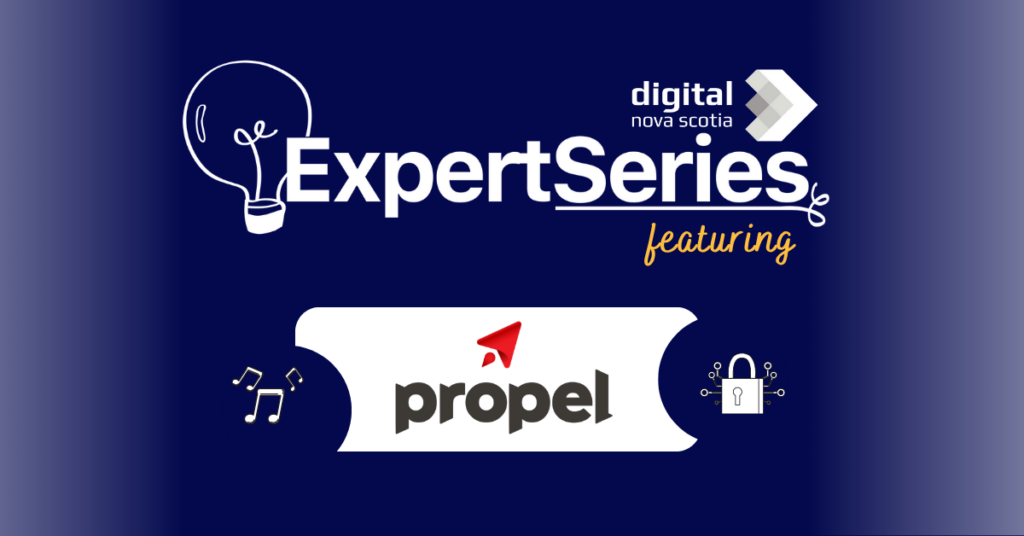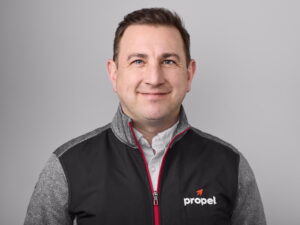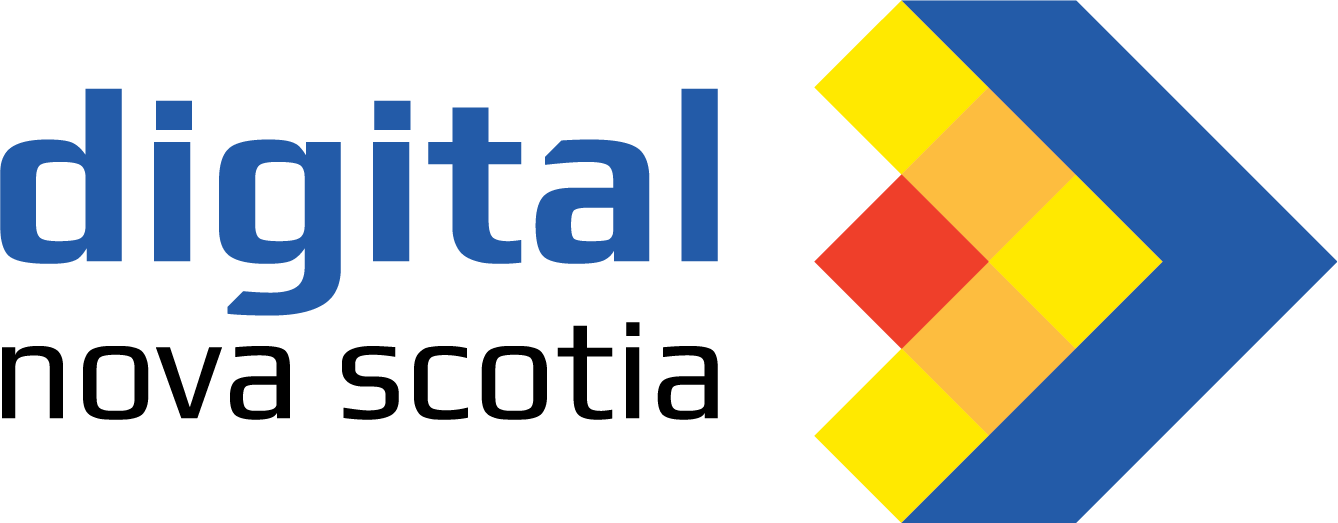
August 10, 2023
These guest blogs are written by leaders in our sector, sharing their expertise and insights through the DNS platform. This edition has been written by Derek Latham, a startup coach with Propel.
Propel is Atlantic Canada’s virtual tech accelerator, where the team has created programming that focuses on the unique needs of founders and what they require to go further, faster. Propel’s team of five coaches based throughout Atlantic Canada help entrepreneurs build their sales and marketing skills, reach and engage customers, and ultimately, drive traction.
 Whether a founder is looking to validate their idea or they’re already selling to customers and working on it full time, Propel is focused on their journey and arming them with the skills required for their success.
Whether a founder is looking to validate their idea or they’re already selling to customers and working on it full time, Propel is focused on their journey and arming them with the skills required for their success.
Derek Latham is a Propel Startup Coach based in Halifax and he offers advice around the critical Customer Discovery progress and his philosophy on executing properly.
Customer Discovery: Easy to Understand, Hard to Execute
Customer discovery is a startup concept that is essential to the journey and one that we dig into deeply as coaches at Propel.
On the surface, it’s a concept that is easy to understand – but much more difficult to execute.
To most founders, interviewing potential customers without selling is antithetical and goes against their natural instincts. It is a tricky concept to master in practice but setting up a feedback mechanism can be incredibly powerful.
When done wrong, it can lead founders astray by incorrectly validating assumptions (with a hat tip to Katelyn Bourgoin).
Mastering customer discovery involves two key stages in the process:
- Preparation. This takes longer than you think, but it’s really important to do the pre-work.
This involves finding (the right) customers/users to speak with – which takes time. You need to develop a list of these target customers to ensure they are, in fact, the right fit and then figure out how to contact them so they will respond and agree to become part of the process.
From there, you will go about creating a list of open-ended questions to ask your customers/potential users.
For scientist founders, you will also need to make sure you understand your end goal (the assumption you are trying to prove or yes disprove) and the hypothesis you are trying to prove/disprove.
- The Interview. The requires creating an environment with your interviewees where they feel comfortable with you quickly, which can be challenging. It may feel unnatural or stressful at the beginning – but rest assured, you will get better as you go – IF you practice.
A key element of this stage is to set expectations up front and share those clearly with the interviewee.
The true objective here is sharing key information and getting to the truth – not confirming what you want to hear. This is part of the preparation but repetition and practice will bear fruit and you’ll get better at it the more you do it.
Fundamental here is getting rid of your bias – a tough challenge for most founders, as you are naturally in love with your solution or the idea of you solution.
Probe the line of questions. When asking a question – don’t settle for the first answer – dig deeper. Let the conversation be fluid and you will glean more than you expected.
In order to achieve optimal success in the customer discovery process, you’ll want to put all of this into practice. Being prepared, transparent and curious will deliver great dividends in this critical stage of building your startup.
We are always here to help. If you want to ask about Customer Discovery or anything else in the founder journey, please reach out anytime: derek@propelict.com.
